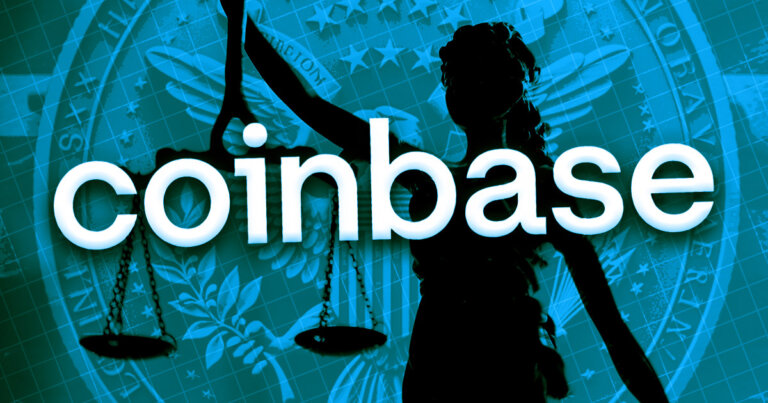 Coinbase’s Paul Grewal says SEC proposed custody rule ‘unnecessarily singles out crypto’
Coinbase’s Paul Grewal says SEC proposed custody rule ‘unnecessarily singles out crypto’ Coinbase’s Paul Grewal says SEC proposed custody rule ‘unnecessarily singles out crypto’
Coinbase suggests a more inclusive approach to qualified custodians and a unified possession or control standard for crypto assets for SEC's proposed custody rules.

Cover art/illustration via CryptoSlate. Image includes combined content which may include AI-generated content.
Coinbase Chief Legal Officer Paul Grewal spoke up against the U.S. Securities and Exchange Commission’s proposed revisions to federal custody requirements that require registered investment advisers (RIAs) to hold client assets at qualified custodians.
The exchange officially added its comments regarding the proposed rule on May 8, the deadline for submission.
Grewal’s tweets come after Marisa Tashman Coppel, Policy Counsel for the Blockchain Association, warned on May 8 that the SEC’s rule change could “drastically curtail” crypto investment.
Grewal said in a Twitter thread that the exchange agrees with the “spirit of the proposal.”
He added:
“We’re confident Coinbase Custody Trust Company will remain a QC even if the proposal is adopted as is.”
Comments on SEC proposal
In its comments, among other issues, Coinbase disagreed with the SEC’s proposition to shift the types of banks allowed to serve as qualified custodians to include only those “subject to Federal regulation and supervision” and believes state trust companies and other state-regulated financial institutions should continue to be qualified custodians.
“The Proposal contains no policy explanation or economic analysis that would support changing the scope of banks eligible to serve as qualified custodians,” Coinbase noted in its comments, adding that such a rule requires more reasoning, reviewing alternatives, and cost-benefit analysis than the proposal provides.
Coinbase also believes the proposal requirement by the SEC for RIAs to maintain possession or control of client assets at all times is “to justify banning RIA client trades on crypto exchanges that are not qualified custodians and require pre-funding to execute transactions.”
The company believes the proposal should allow client assets to temporarily leave the qualified custodian so advisers can execute and settle trades within one day after the transaction. It contends that this restriction on crypto asset trading does not consider the reasoning for crypto exchanges pre-funding transactions or the real-time settlement benefit it provides.
Grewal said in his Twitter thread that:
“[T]his proposal unnecessarily singles out crypto and makes inappropriate assumptions about custodial practices based on securities markets.”
According to Coinbase, the SEC must implement a “unified possession or control standard” that enables consumers to hold crypto assets at a wider range of qualified custodians. The company noted that the proposal in its current form would be detrimental to broker-dealers, holding them to a higher custodial standard for crypto assets than banks and foreign financial institutions, and believes broker-dealers should custody crypto assets under the same requirements as other asset classes.
Coinbase also suggested other amendments to the proposal, such as tailoring indemnification and insurance requirements by asset class and allowing sophisticated investors to negotiate custodial arrangements.
Grewal ended the thread by saying:
“We appreciate the chance to weigh in and we look forward to engaging with the SEC to get this right – public rulemaking is a critical step in bringing further clarity to the market.”
Coinbase vs. SEC
Coinbase has been embroiled in a legal battle with the SEC ever since it received a Wells Notice in March. Since then, the exchange has repeatedly spoken out against the SEC’s regulations.
The exchange recently procured a court order that compels the SEC to respond to the exchange’s mandamus petition that asked the SEC to use its rulemaking process to develop guidance for companies in the crypto industry.








































































































